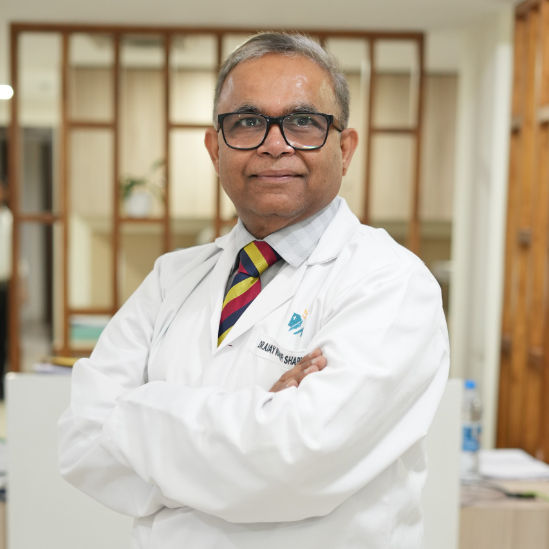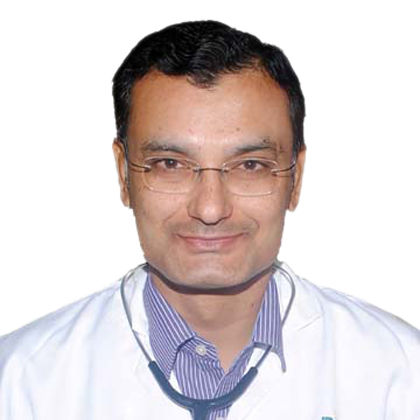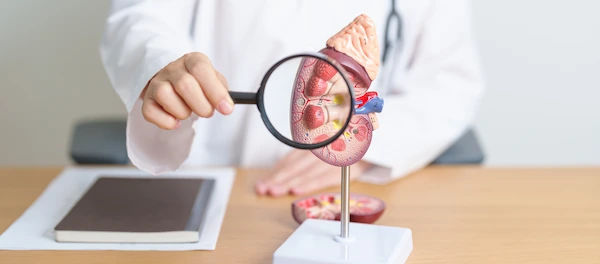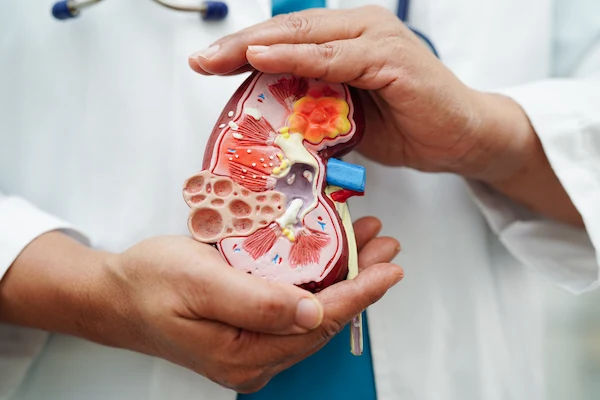Kidney Stones Symptoms and Considerations
Kidney stones can cause intense pain and discomfort. Learn about the symptoms, causes, prevention tips, and treatment options to manage kidney stones and reduce the risk of recurrence.


Kidney stones are small, hard deposits that form inside your kidneys and can cause severe pain and discomfort. They are quite common, affecting many people at some point in their lives. If you or someone you know is dealing with kidney stones, understanding the symptoms, causes, and ways to manage them can help ease the discomfort and prevent future occurrences.
What Are Kidney Stones?
Kidney stones are solid masses made of minerals and salts that form in your kidneys. They can vary in size; some may be as tiny as a grain of sand, while others can grow as large as a pebble or even bigger. When these stones move through your urinary tract, they can cause intense pain and other complications.
Common Symptoms of Kidney Stones
Not everyone with kidney stones experiences symptoms, but when they do, the signs can be quite noticeable. Here are some common symptoms to watch out for:
1. Severe Pain – The most common symptom is sharp, cramping pain in the lower back or side (flank pain). The pain may come in waves and can spread to the lower abdomen and groin.
2. Painful Urination – You may feel a burning sensation while urinating.
3. Frequent Urination – You might feel the need to urinate more often than usual.
4. Blood in Urine – The urine may appear pink, red, or brown due to blood.
5. Cloudy or Foul-Smelling Urine – This could indicate an infection along with the stone.
6. Nausea and Vomiting – The pain can sometimes cause nausea or vomiting.
7. Fever and Chills – If an infection is present, you may experience fever and chills.
If you notice any of these symptoms, especially severe pain, fever, or difficulty passing urine, it’s important to seek medical attention promptly.
What Causes Kidney Stones?
Kidney stones form when certain substances in your urine (such as calcium, oxalate, and uric acid) become highly concentrated. Some common causes include:
- Dehydration – Not drinking enough water leads to concentrated urine, increasing the risk of stone formation.
- Diet – Eating foods high in salt, sugar, or oxalates (like spinach, nuts, and chocolate) can contribute to stone formation.
- Family History – If someone in your family has had kidney stones, you may be at higher risk.
- Medical Conditions – Conditions like obesity, high blood pressure, diabetes, and certain metabolic disorders can increase the risk.
- Certain Medications – Some medications (like diuretics or calcium-based antacids) may increase the likelihood of stones.
How Can You Manage or Prevent Kidney Stones?
If you’ve had kidney stones before or want to prevent them, these lifestyle changes can help:
1. Stay Hydrated
- Drink plenty of water (at least 2-3 liters per day) to keep your urine diluted.
- Lemon water may help, as citrate in lemons can prevent stone formation.
2. Adjust Your Diet
- Reduce Salt Intake – Too much sodium increases calcium in urine, leading to stones.
- Limit Oxalate-Rich Foods – If you’re prone to calcium oxalate stones, reduce foods like spinach, beets, nuts, and chocolate.
- Eat Calcium-Rich Foods – Contrary to popular belief, getting enough calcium from food (like dairy) can help prevent stones by binding oxalates in the gut.
Consult Top Kidney Specialist
3. Maintain a Healthy Weight
- Obesity increases the risk of kidney stones, so a balanced diet and regular exercise can help.
4. Avoid Excessive Protein
- High-protein diets (especially red meat) can increase uric acid levels, leading to stones.
5. Consult a Doctor for Medications
- If you’re prone to stones, your doctor may prescribe medications to reduce stone formation.
When Should You See a Doctor?
While small stones may pass on their own, larger ones may require medical intervention. Seek immediate medical help if you experience:
- Severe pain that doesn’t go away
- Blood in urine
- Fever and chills (signs of infection)
- Difficulty urinating
Doctors may recommend treatments like:
- Pain relievers to manage discomfort
- Medications to help pass the stone
- Shock wave therapy (lithotripsy) to break up larger stones
- Surgery in rare cases for very large stones
Final Thoughts
Kidney stones can be painful, but with the right care and preventive measures, you can reduce the risk of future stones. Staying hydrated, eating a balanced diet, and maintaining a healthy lifestyle are key steps.
If you suspect you have kidney stones or need expert advice, Apollo 24|7 offers consultations with specialists who can guide you through diagnosis and treatment.
Consult Top Kidney Specialist
Consult Top Kidney Specialist
Dr Ch Sashidhar
Nephrologist
20 Years • MBBS, MD General Medicine, DNB, Nephrology
Secunderabad
Apollo Hospitals Secunderabad, Secunderabad

Dr Praveen Kumar Etta
Nephrologist
10 Years • MBBS,MD DM(SGPGI) FORMER ASST(PIMS)
Hyderabad
Apollo Spectra Ameerpet, Hyderabad

Dr. Pardha Saradhi
Nephrologist
9 Years • MBBS, MD-DNB (Gen. Med.), DNB (Nephro)
Hyderabad
Apollo Hospitals D R D O kanchanbagh, Hyderabad
(50+ Patients)

Dr Ajay Kumar Sharma
Transplant Specialist Surgeon
39 Years • MBBS, MS, DNB, FRCS (Glas), FRCS (Edin), FRCS (General Surgery), MSc Medical Education
Delhi
Apollo Hospitals Indraprastha, Delhi

Dr. Jignesh Pandya
Nephrologist
27 Years • MD(Medicine), DNB(Nephrology).
Bilaspur
Apollo Hospitals Seepat Road, Bilaspur
(25+ Patients)
Consult Top Kidney Specialist
Dr Ch Sashidhar
Nephrologist
20 Years • MBBS, MD General Medicine, DNB, Nephrology
Secunderabad
Apollo Hospitals Secunderabad, Secunderabad

Dr Praveen Kumar Etta
Nephrologist
10 Years • MBBS,MD DM(SGPGI) FORMER ASST(PIMS)
Hyderabad
Apollo Spectra Ameerpet, Hyderabad

Dr. Pardha Saradhi
Nephrologist
9 Years • MBBS, MD-DNB (Gen. Med.), DNB (Nephro)
Hyderabad
Apollo Hospitals D R D O kanchanbagh, Hyderabad
(50+ Patients)

Dr Ajay Kumar Sharma
Transplant Specialist Surgeon
39 Years • MBBS, MS, DNB, FRCS (Glas), FRCS (Edin), FRCS (General Surgery), MSc Medical Education
Delhi
Apollo Hospitals Indraprastha, Delhi

Dr. Jignesh Pandya
Nephrologist
27 Years • MD(Medicine), DNB(Nephrology).
Bilaspur
Apollo Hospitals Seepat Road, Bilaspur
(25+ Patients)


